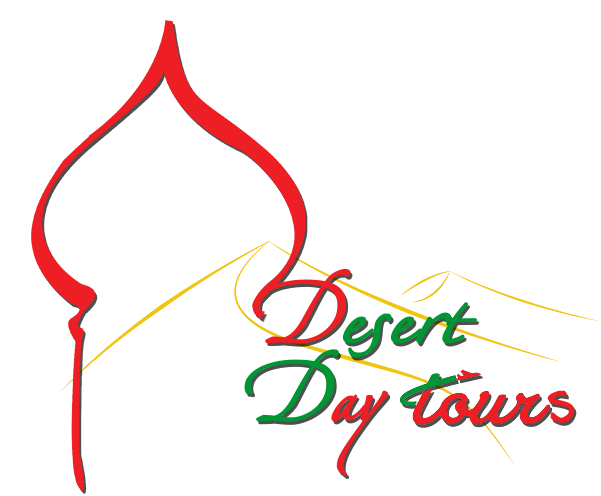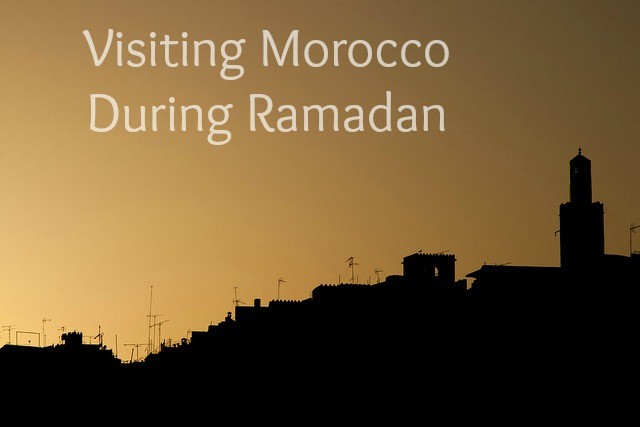Every year, Muslims celebrate Ramadan, which is a month-long Islamic holiday that falls 10 days ahead of the Gregorian calendar. falling primarily in March this year (2025), when Moroccan tourists travel abroad most frequently. Your plans shouldn’t be derailed by worries. It’s important to understand Ramadan, which includes not smoking, breaking fast with family, fasting from sunrise to sunset, and engaging in reflective activities. After dusk, Muslims gather for Taraweh prayers. When visiting, keep these traditions in mind.
What does this mean for those visiting?

Enjoy Ramadan with a taste of Moroccan and Islamic traditions. Observe daily customs such as the cannon blasting the whistle to signal the conclusion of the fast, communal meals in mosques and speciality dishes in markets. For Muslims, it’s a unique and spiritual period that creates an infectious environment that heightens the excitement of your visit.
I’m not Muslim, should I fast?
The short answer is that you don’t have to fast. The majority of eateries, including cafes and restaurants, will stay open. Nobody expects visitors to fast, and if you did try, they probably wouldn’t be very happy about your health and welfare. Concerns about eating in front of Muslim friends or guides are shared by some people. Avoid becoming. It truly isn’t an issue because they are accustomed to it. If you’re worried, you might want to eat in places that are hidden from view or on the street.
What about holiday hours?

During Ramadan, businesses in Morocco adjust their hours due to daylight savings time, shifting to -1 GMT. Shops may not open early or close just before sunset, aligning with eating and prayer times. While not everything closes, monuments and attractions may have shorter hours. Be patient with scheduling changes. Desert Day Tours strives to accommodate these adjustments. Visitors note a late eating schedule, resembling Spain’s, with the Ftour (sunset meal) serving as the main dinner, typically after 19 pm during Ramadan in the spring.
Are there any special experiences I should have when visiting during Ramadan?
Be sure to walk by a mosque during the sunset prayer to witness the flood of congregants in prayer, it can be truly awe inspiring to see hundreds, and thousands of people worshipping together. Enjoy an Iftar meal. Many restaurants and hotels offer set meals at the breaking of the fast. These include a variety of Moroccan sweets, spiced Harira soup, and juices. If possible, being invited into someone’s home to experience a traditional Iftar is truly a wonderful experience. You’ll be able to witness the celebration and excitement people truly feel at this time of year.
Anything else I should keep in mind?

In Morocco, March is one of the warmest months. During Ramadan, short tempers can occur when dehydration, sleep deprivation, and fasting are combined with the heat. Travellers should be advised that Moroccans may be tense around them. Even with best intentions, some level of irritation is unavoidable. Additionally, people could be more likely to nap in the afternoon or sleep in. Be patient, send them well wishes for a Ramadan Kareem, and enjoy their holiday.
Please contact us via phone or email if you have any questions or concerns about visiting during Ramadan. We can design a personalised itinerary just for you, regardless of where your travels take you in Morocco. To get you started, check out a couple of our tours.

